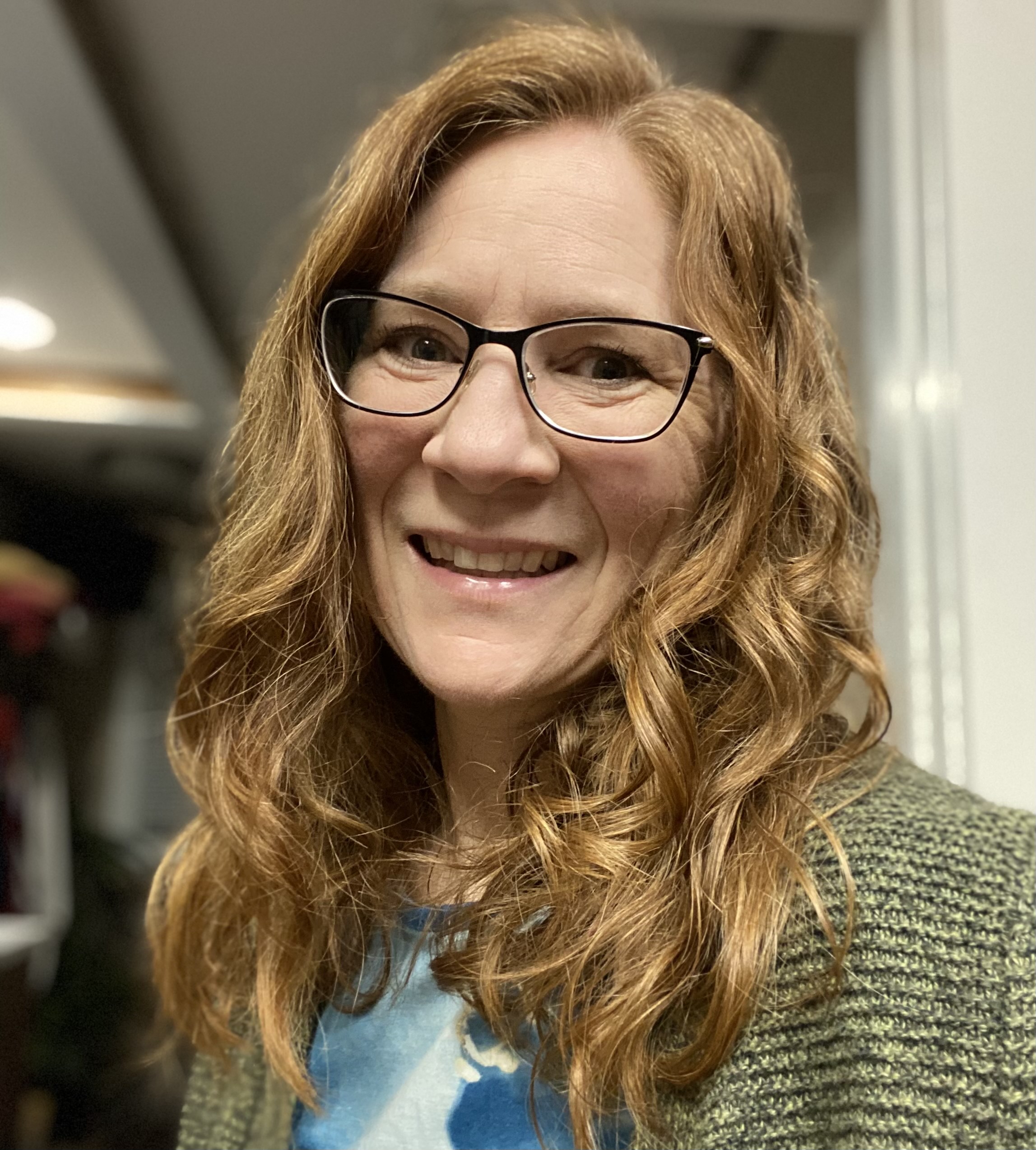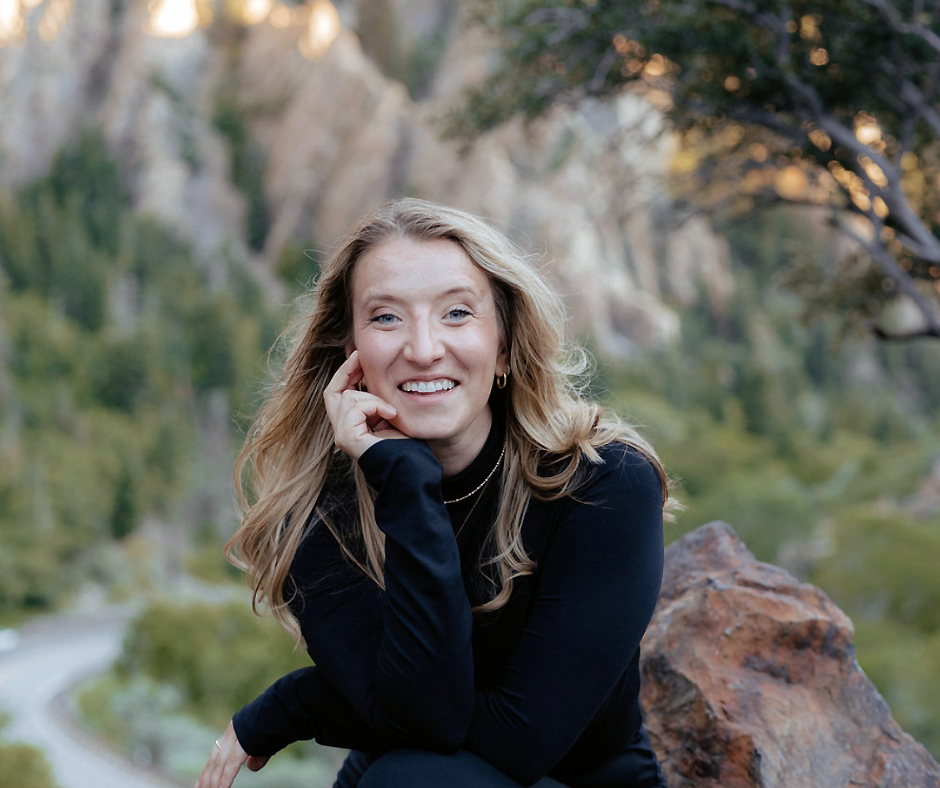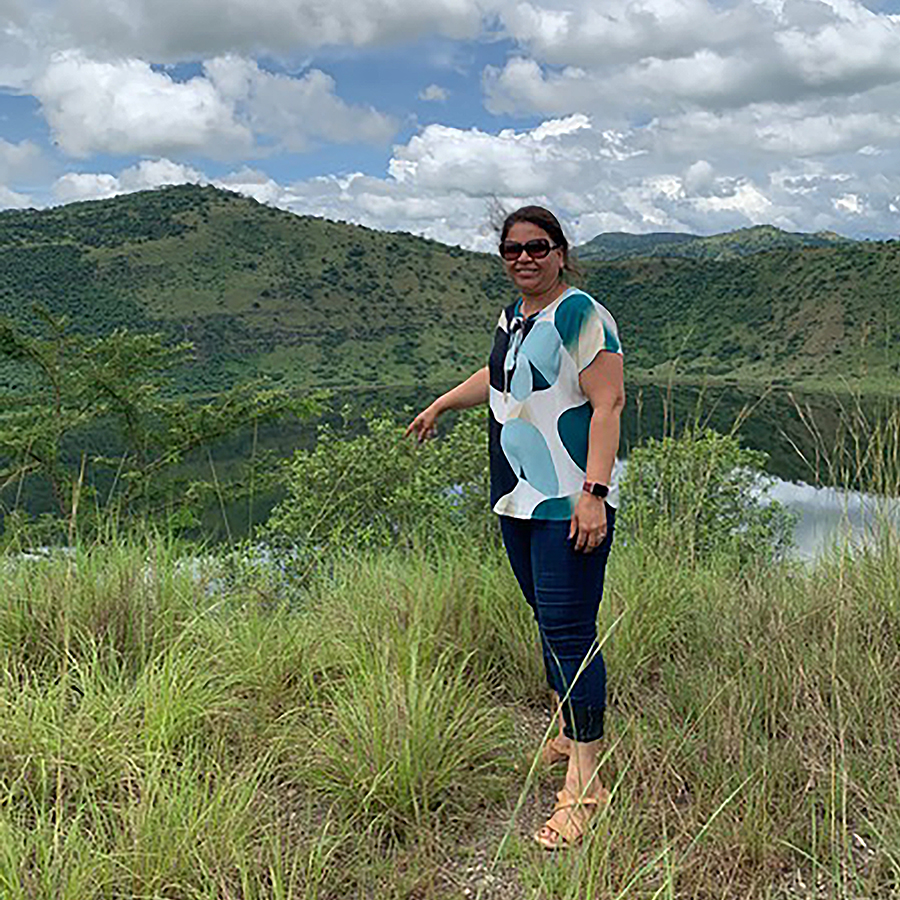When Jennifer Green enrolled in the Editing certificate, she was looking toward retirement.
An English teacher of twenty-one years, she knew an opportunity to retire was soon approaching. As she began thinking about the end of her teaching career, editing seemed like a natural progression.
“I was hoping to supplement my income with editing,” she explains. “Eventually, when I retire, I'd like to be able to do something else that works with words.”
Green did not know much about the field, so she joined the Editorial Freelancers Association (EFA) to explore the ways she could break in. “Everything I read said I needed both training and credentials—not just to have a certificate listed on my resume, but to have the skills that come along with it,” she says. “When I looked at some of the individual course offerings listed on the EFA website, I realized that a full certificate program would be better for my career in the long run.”
The University of Chicago’s Editing certificate, with its dual emphasis on foundational editing skills and real-world training, checked all the boxes. Green, a resident of North Carolina, did not find its Chicago location to be a deterrent—even in the pre-pandemic era, each class was available in a remote format.
When Green began her classes last autumn, she was struck by how much she had to learn. “I didn't realize how much I didn't know about editing,” she says. “Being an English teacher, I am reading, editing, and commenting all the time. But commenting on student papers and editing the occasional email or grant proposal is quite a bit different than professional editing.”
One of the key differences she noticed was the stylistic rigor with which professional editors approach their manuscripts. “Becoming more familiar with the Chicago Manual of Style was huge because I didn't realize how much different it is from MLA or APA style,” she says. “It was incredibly helpful to be taken almost chapter by chapter through it.”
As she became familiar with different editorial styles, the program introduced her to different kinds of editing work. Green began to suspect she wanted to focus on building a freelance career editing novels for independent authors. Because of the certificate program’s flexible coursework, she was able to test out her theory with courses in developmental editing both fiction and nonfiction.
“I found both of the courses very helpful,” she says. “Developmental editing for fiction is so different from developmental editing for nonfiction. It's a completely different creature. The introduction to developmental editing course focused primarily on nonfiction editing, then the second course in developmental editing for fiction reinforced how much I enjoy doing that kind of work.”
Throughout, Green felt the practicability of her coursework. “Every instructor, regardless of the course, took at least half, if not a whole class period, to talk about where to go from here. How do you break into the business? What are some real-world issues beyond just instruction on your manuscript editing? How do you work with clients? How do you work with publishers?”
Because the instructors placed an emphasis on work in the field, Green left the program confident she would be able to put her post-retirement plans into practice: “The program goes beyond the course content and was geared towards being able to take the skills you learn and turn them into your profession.”





